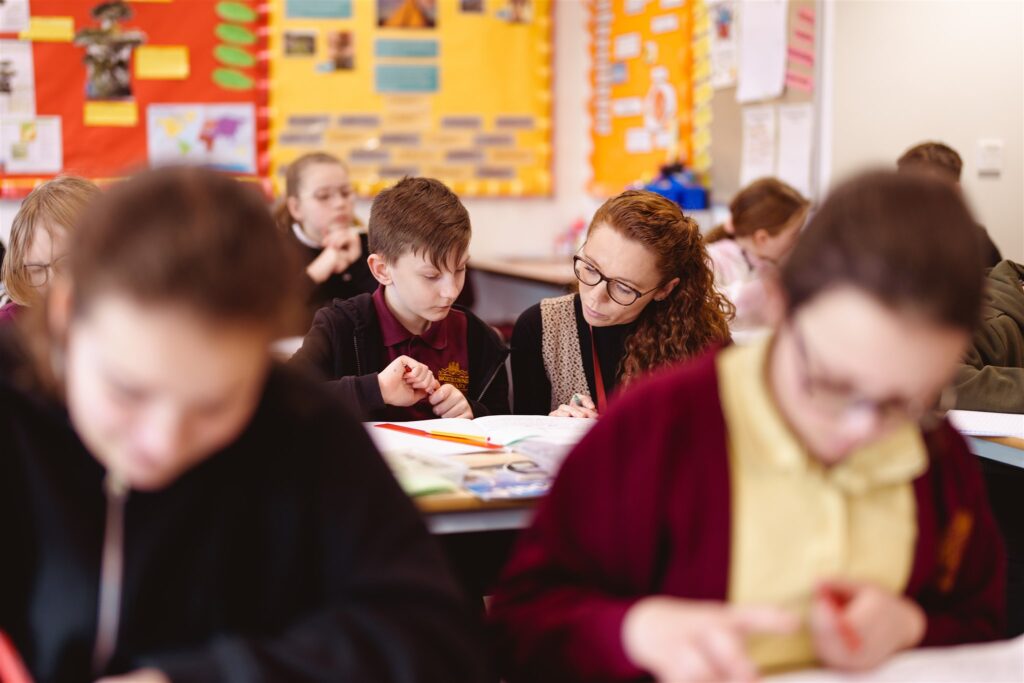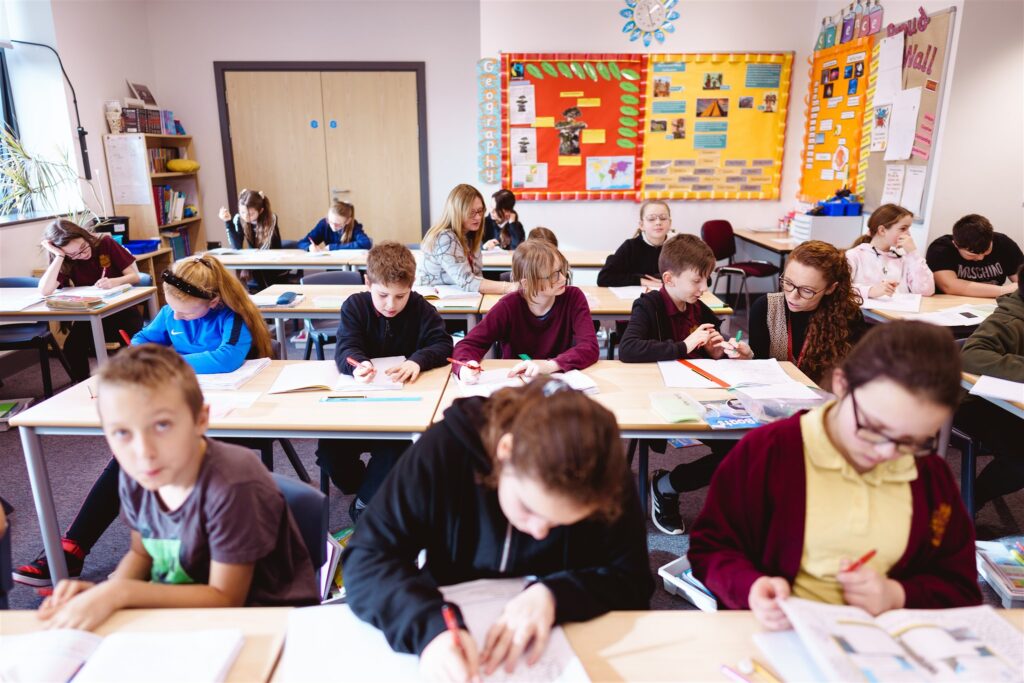History Statement of Intent, Implementation and Impact
History is all around us; we are continually making history through our thoughts, words and actions. History is personal and global; it is everyday life; momentous occasions and about people.
Intent
History has always been held in high regard at North Denes Primary School. It is our aim to instil a love of history in all our children and to ignite their curiosity and fascination about the past. Our history curriculum is carefully planned and structured to ensure that current learning is linked to previous learning and that our approach is informed by current pedagogy. Our curriculum makes full use of the resources within the immediate and wider local area, enabling children to develop a deep understanding of the history of their locality.
At North Denes, we aim to ensure that our children:
Implementation
At North Denes, we promote the importance of teaching history through an enquiry-led approach which seeks to capitalise on children’s curiosity and prior learning. Planning for teaching history is approached through two types of historical knowledge: substantive knowledge (the facts about the past that we teach) and disciplinary concepts (making use of those facts to draw conclusions).
Each medium term plan is underpinned by an overarching enquiry question which drives the learning and ensures teaching is focused with the children working towards a clearly defined and meaningful outcome. The overarching question is broken down into small sub-enquiry questions, giving children a sense of incremental progression and making large chunks of content more manageable.
Each enquiry question within a unit focuses on a particular disciplinary concept (change and continuity, similarity, difference, cause and consequence, significance and historical enquiry such as interpretations of the past). These are revisited at regular intervals which creates a progressive curriculum pathway through the key stages, ensuring that pupils build schemas around them.
We have identified a set of key historical substantive concepts which are government, society, migration and conflict which are carefully mapped out across the history curriculum and revisited regularly and in different sequences of learning.
The children will be exposed to a wide range of historical sources and artefacts when using their skills of research, analysis and evaluation and will strive to use historical terms accurately in their communication of ideas and judgements. Although History is taught discreetly, children will select and apply the knowledge and skills from other subjects to draw conclusions and communicate their findings. Through history lessons, we aim to challenge, motivate and involve all learners and encourage children so that although they may not have all the answers, they have the determination to draw their own conclusions.
Valuing Our Local Heritage
North Denes is a recognised ‘Heritage School’. Through its ongoing collaboration and links with Historic England; it supports wider history teaching through its partnerships and promotes and develops the children’s understanding of their local heritage and its significance. We strongly believe that children should have a rich understanding of their local heritage; this is why local history is woven throughout the history curriculum to ensure it is explicitly taught (in every year group) and wherever possible, local links with larger historical themes are made.
Curriculum Enrichment
Where possible, each unit of work is enriched by a school trip or by a visitor coming into school. Trips and visitors are carefully planned to ensure they link with what is happening in the classroom. This offers a range of rich historical experiences to evoke the children’s interest, creating memories and positive attitudes towards the subject. Through involvement in anniversaries and commemorations, the children will grow a sense of social responsibility, respect for diversity and a willingness to engage with local and current issues. We also have a whole school focus on three main events throughout the year: Black History Month; Remembrance Day and Women’s History Month. These are not just taught in isolation as tokenistic gestures, but are carefully planned to complement our history curriculum. Through a rich history curriculum, pupils will feel prepared and well equipped for a successful future in history.
Early Years Foundation Stage (EYFS)
History is taught in Reception as an integral part of the topic work through child-initiated and adult led activities. The children are given the opportunity to find out about past and present events in their own lives and those of their families and other people they know. History makes a significant contribution to developing a child’s understanding of the world through the ELG thread ‘Past and Present’.
Impact
In order to ensure our aims have been met, we use a ‘deep dive’ approach to monitoring and evaluating the impact of our history curriculum. This involves:
We will see the impact of history in different ways:


Quick Links
Home
Policies
Curriculum
Contact Us
Contact Us
North Denes Primary School
Jellicoe Road
Great Yarmouth
NR30 4HF
office@northdenes.norfolk.sch.uk
Tel . 01493 842063